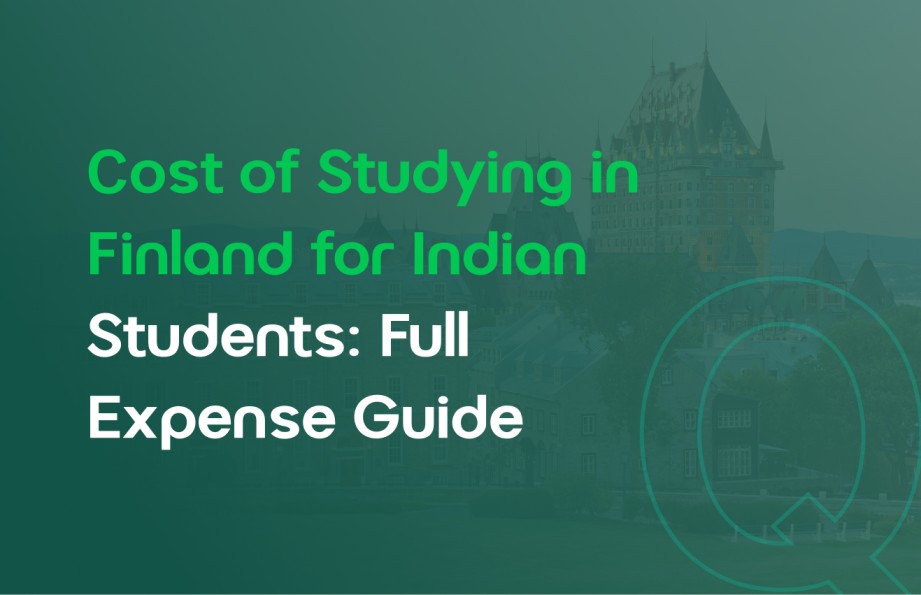
Cost to Studying in Finland for Indian Students: Full Expense Guide
Many students after Class 12 feel excited about studying abroad, but that excitement quickly turns into confusion when money comes into the picture. Finland sounds like a great option, yet the costs feel unclear. Tuition, living expenses, insurance, visa fees, everything appears scattered across different websites.



